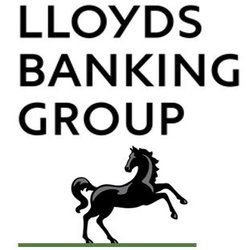 The UK government announced that it plans to sell £2 billion worth of Lloyds shares to retail investors next spring.
The UK government announced that it plans to sell £2 billion worth of Lloyds shares to retail investors next spring.
The sale would see the bank to full private ownership after being bailed out at the height of the financial crisis in 2008.
It will be the UK’s biggest privatisation since the 1980s when Thatcher sold £3.9 billion worth of shares in British Telecom and £5.6 billion worth of shares in British Gas.
According to the Treasury, members of the general public will be offered a discount of 5% of the share’s market price, with a bonus share for those who hold their investment for more than a year – the value of this incentive will be capped at £200 per investor. Those applying for investments of less than £1,000 will be prioritised.
Chancellor George Osborne told Sky in an interview that he doesn’t want the shares to go to City institutions.
He said: “I want them to go to members of the public, people watching this programme and others. So our offer is this: Buy Lloyds shares. We’ll favour small investors, we’ll favour those who hold the shares for a long time. You’ll get a discount. And we’ll help create that share-owning democracy that we want to see in this country.”
Before the UK general election Osborne pledged that if the Conservative Party won a majority he would sell part of the government’s stake in Lloyds to private investors.
The sale is seen as a symbol of the UK’s recovery from the financial crisis.
The proceeds from selling the shares will go towards reducing government debt.

